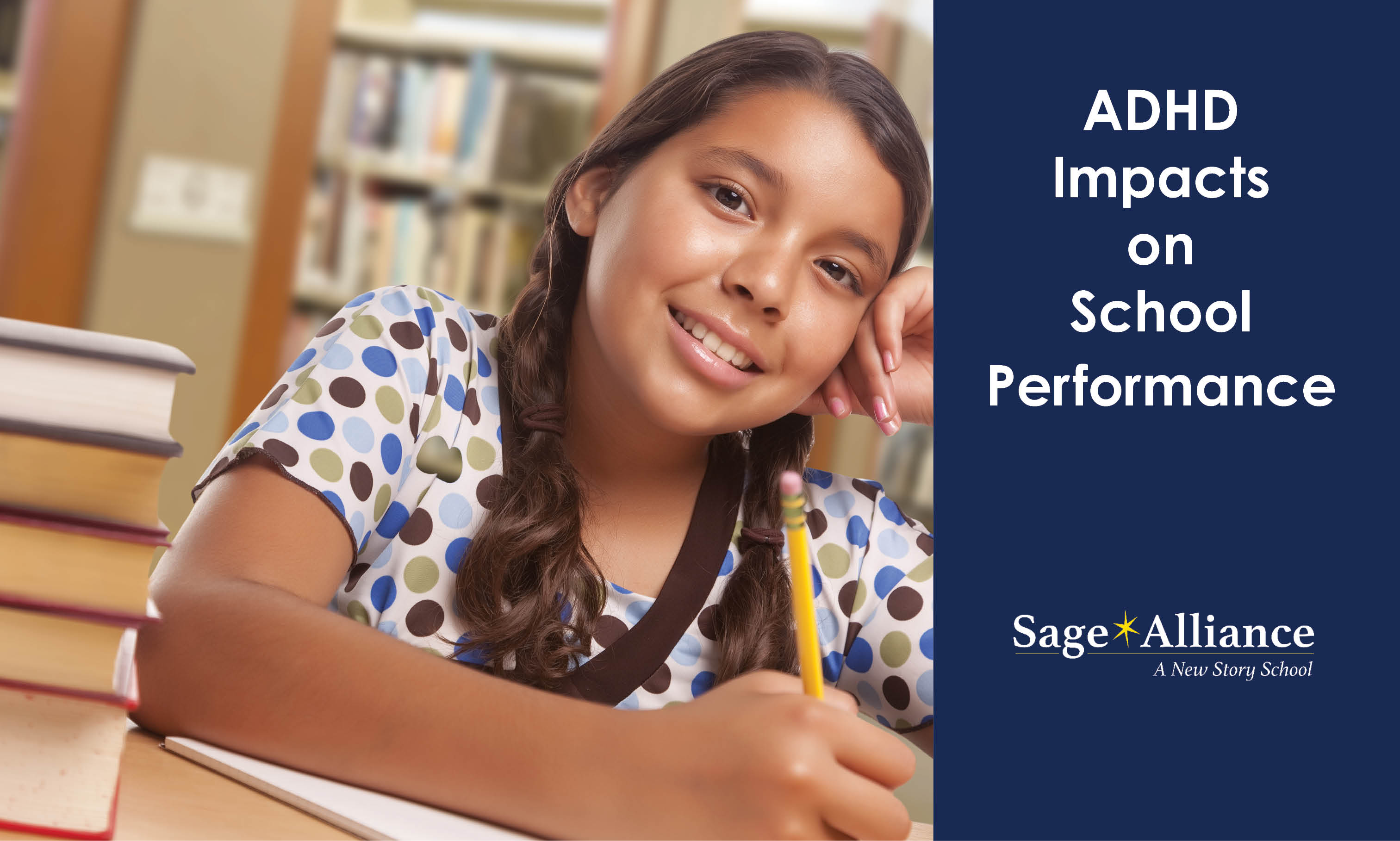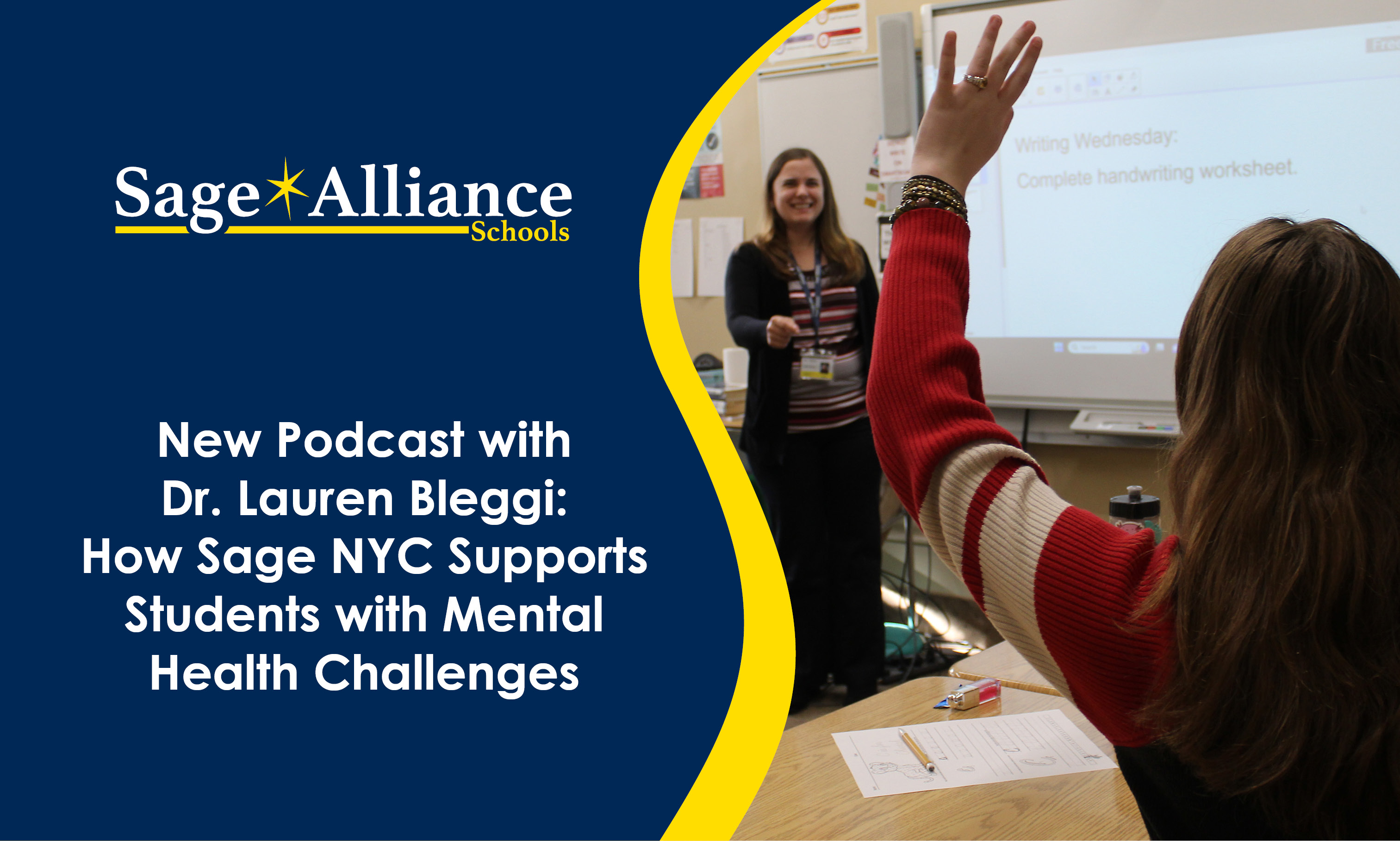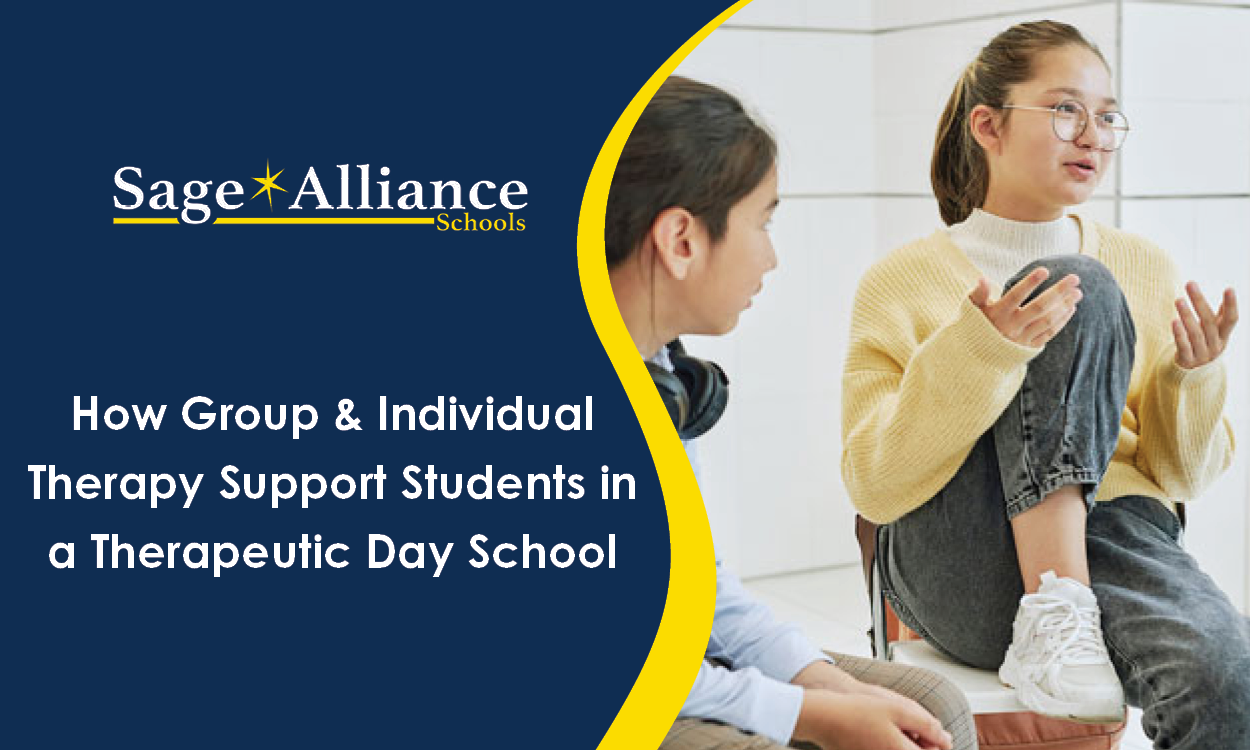ADHD Impacts on School Performance
Posted: June 13, 2016 | Written By: Holly Ference | Category: ADHD

Attention Deficit Hyperactivity Disorder affects millions of teens and children in the U.S. and can exert a significant negative influence on academic achievement, self-esteem, and socialization. Identifying children with this disorder and intervening to support them help prevent lifelong problems that can result from ADHD. Interventions can include individual therapy, medication, and attendance at therapeutic schools designed to provide students with an academic and counseling program designed to meet their needs.
What Is ADHD?
ADHD is one of the most common behavioral disorders. It affects about 10 percent of children and about 4 percent of adults. Children with ADHD present symptoms such as hyperactivity, difficulty focusing, and impulsive behavior. These children usually understand rules and expectations, but have difficulty adhering to them because of their restless energy or difficulties in paying attention or focusing on details. All children have these issues from time to time, but children with ADHD consistently have these problems over a long period of time.
Prior to 1994, ADHD was known as ADD, and that term is still commonly used in popular parlance, if not in professional circles. ADD was renamed ADHD, and its definition expanded to include three subtypes:
Inattentive – People with this form of ADHD have symptoms that are skewed more toward inattention than to impulsivity or hyperactivity. Females are more likely than males to be diagnosed with this type of ADHD. Some common symptoms of inattentive ADHD include:
-
Easily distracted. Misses details easily.
-
Quick to become bored.
-
Has difficulty focusing on a single task.
-
Difficulty in learning new information or organizing thoughts.
-
Often loses things.
-
Trouble listening.
-
Slow moving. Frequently daydreams or woolgathers.
-
Difficulty in following directions.
-
Seems to process information more slowly and less accurately than others.
Hyperactive – This form of ADHD is characterized by impulsive behavior and restless energy. This makes conforming in a classroom environment extremely difficulty. Some common symptoms of hyperactive ADHD include:
-
Frequent fidgeting or squirming.
-
Trouble staying seated.
-
Always running or climbing.
-
Excessive talking.
-
Frequent interruptions or intrusions into others’ conversations.
-
Difficulty waiting in line or for a turn.
-
Frequently blurts out answers before hearing a complete question.
Combined – People with combined ADHD have symptoms of both inattentive and hyperactive ADHD. This is the most common form of ADHD. Children diagnosed with this form of ADHD exhibit at least six of each type of ADHD’s symptoms.
Doctors diagnose ADHD by extensively observing the behavior of children suspected of having the disorder. Symptoms of ADHD typically manifest themselves in children before the age of 7. To obtain a diagnosis of ADHD, symptoms must have been present for at least six months and must be disruptive to daily tasks.
How ADHD Impacts Academic Performance
Although children with ADHD are often bright, creative students, this disorder can have a severe negative impact on their academic achievement. Students with ADHD can fall behind in early grades and never quite catch up with their peers. According to HealthyPlace, about 90 percent of students with ADHD will encounter difficulties in school.
In many cases, ADD or ADHD may coexist with other emotional or learning problems. About 25 to 50 percent of children and teens with ADHD also suffer from another learning disability. Emotional issues, such as anxiety, depression, and mood disorders, can also be common among students with ADHD. Addressing these issues will be just as important as addressing ADHD to ensure that these children are successful.
ADHD has a number of symptoms that may inhibit students’ performance in a traditional school environment. Students with inattentive ADHD may have difficulty paying attention and listening in class. They may frequently make careless mistakes in their work, such as grammar and spelling errors. Staying on task poses a significant problem for them, and they may drift from one uncompleted task to another.
Students with hyperactive ADHD often struggle with school discipline. They frequently get in trouble for talking too much, interrupting, or being unable to stay seated. Impulsive behaviors associated with hyperactive ADHD can also be problematic for students. They may often find themselves in the principal’s office for fighting, outbursts, not following directions, or cutting in line.
Students with ADHD may struggle with reading comprehension or language deficits, as their disorder may make focusing and memorization difficult. Math problems may also arise if they have difficulty memorizing the rules for addition, subtraction, and other computation tasks. Forgetfulness and inattention to detail associated with ADHD may result in frequent late or incomplete tasks, resulting in poor grades.
By the time they reach middle and high school, many teens may find themselves significantly behind their peers in some subjects. Persistent struggles with school and learning may have frustrated some teens with ADHD to the point of giving up on doing well in school.
Self-Esteem Issues
ADHD can also have negative impacts on children’s social development and their self-esteem. Behaviors associated with ADHD can create challenges in making and keeping friends. A study in Psychology Today found that 56 percent of children with ADHD have no reciprocated friendships. The study also found that the friendships that many children with ADHD do form are often unstable. The hyperactivity, aggressive behavior, and impulsive actions of children with ADHD often become sources of annoyance to their peers.
As they grow up and become teenagers, many children with ADHD develop self-esteem issues. Problems with academic performance and school behavior cause these children to question their value. Frequently getting into trouble and difficulty in getting good grades may leave them feeling worthless.
Social struggles may also compound the negative feelings that teens with ADHD have. Because of their behavioral issues, these children may have been ostracized at school. If they’ve developed a reputation for being a handful, they may have been excluded from other children’s birthday parties and other events. These feelings of isolation can have significant negative impacts on teenagers’ sense of self-worth.
Therapeutic Schools
The good news is that ADHD is treatable, and that, with help and support, teens with ADHD can go on to lead very healthy and productive lives. Medication can help mitigate the symptoms of ADHD, and counseling can also help teens cope with the disorder.
For many students with ADHD, a therapeutic school can offer an excellent setting to overcome the symptoms of their condition and get back on track. Therapeutic schools combine academic programs with counseling to help students with ADHD overcome obstacles associated with the disorder.
When students enroll in a therapeutic school, they leave their old school and negative associations related to it behind and join a new peer group of students who face issues similar to theirs.
Staff at therapeutic schools are trained to deal with issues related to ADHD and other disorders, and can provide more targeted, effective educational and treatment options than public schools often can.
Also, individual, family and group therapy sessions at therapeutic schools can also aid students in overcoming emotional and other issues related to ADHD and how it has impacted their lives.
Sage Day is a therapeutic school in New Jersey offering a supportive and challenging environment for children and teens in grades 4-12. Accredited by the Middle States Association of Colleges and Schools, and the National Independent Private Schools Association (NIPSA), Sage Day offers a rigorous academic program, and 80 percent of graduates go on to college.
Sage Day’s counseling programs, through individual, family and group therapy, help students and their families better address ADHD, school avoidance, and other issues that may impact students’ school performance and self-esteem. For parents seeking an effective method of helping their children with ADHD, Sage Day’s safe environment and therapeutic program often offer the answer they’ve been desperately seeking.
For parents seeking an effective method of helping their children with ADHD, Sage Day’s safe environment and therapeutic program often offer the answer they’ve been desperately seeking.
Want to be notified of new articles and resources from Sage Alliance? Click here to submit your email and opt into our newsletter.









